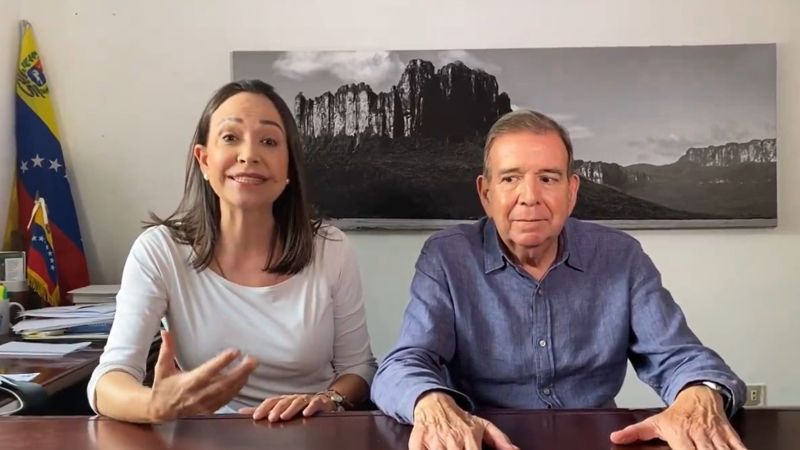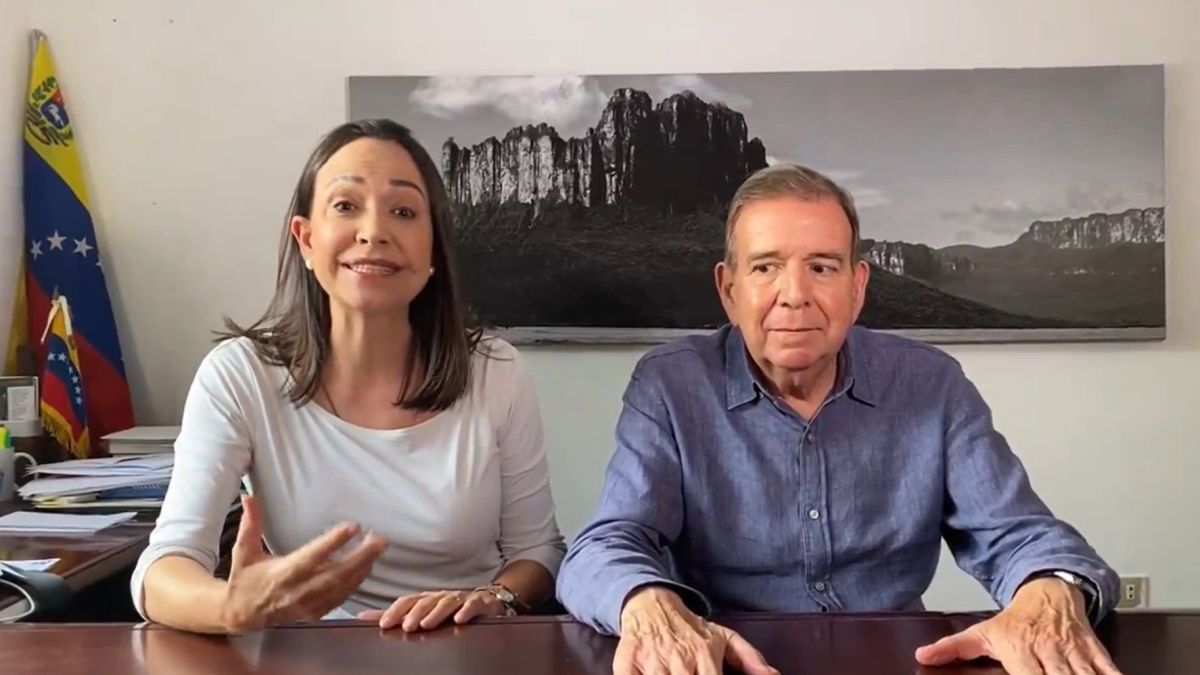They are all the same! Learn about the dark “management” of Inmundo González during his stay in El Salvador


Courtesy Internet

Published at: 29/05/2024 08:38 PM
Ambassador María Catalina Restrepo Pinzón de Londoño
La Curuba de Oro Mansion, Alto de Las Palmas, Medellín
His Excellency Don Captain Diosdado Cabello Rondón
Present.-
With the deference and respect that your inauguration deserves, I have the honor of addressing you from my peaceful retreat in Medellín, where, enjoying a dungeon with a sandwich, I contemplate the sunset and allow myself to write to you.
The reason for this letter is to keep you informed about the questionable story of Edmundo González Urrutia, whom I had the misfortune to know in depth. I was struck by his refusal to recognize his involvement in the regrettable massacres that occurred in El Salvador in the early 80s, although not surprising.
His tendency to evade responsibility is well known to me. I wonder: What would happen if I told details of what was happening in the 5500 Chevy Chase, Friendship Boulevard, Maryland, United States? Would you deny it too?
Edmundo, already well versed in the Kubark Manual, had the trust of the Americans. Recently, the Center for Human Rights at the University of Washington, with which I have ties, has succeeded in declassifying documents that expose Edmundo's participation in Operation Centauro, his management during the El Mozote Massacre and the murder of four Dutch journalists between 1981 and 1982 in El Salvador. These acts were carried out under his undisputed supervision and that of Leopoldo Castillo, then ambassador, both participating in clandestine meetings with death squad leaders.
Edmundo's proximity to Roberto D'Aubisson, leader of these squads, was such that he provided various documents and supports, contributing from the embassy to intelligence operations that resulted in the kidnapping, disappearance and murder of approximately 21,000 people, mostly peasants from rural villages, during the three years of his stay in that Central American nation.
When I see the complacent interviews they do to him, especially journalists from Miami... Oh, how tiring! Why don't they ask him what position he held in the Venezuelan embassy in El Salvador? What were their real functions? How was it impossible for him to ignore his responsibilities and those of Castillo in the massacres?
Given the seriousness of these events, I consider it a duty to warn you, my dear Captain. I will continue to dig into my archives and collaborate with my former university to reveal more about González Urrutia's unfair and treacherous actions.
By saying goodbye, not before reiterating the expressions of my highest esteem and consideration, I look forward to being able to communicate again with your mercy as soon as events permit.
Sincerely,
María Catalina Restrepo Pinzón de Londoño
Ambassador